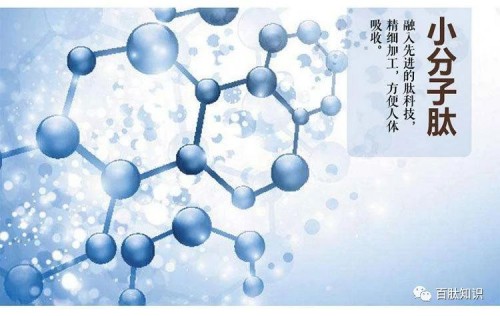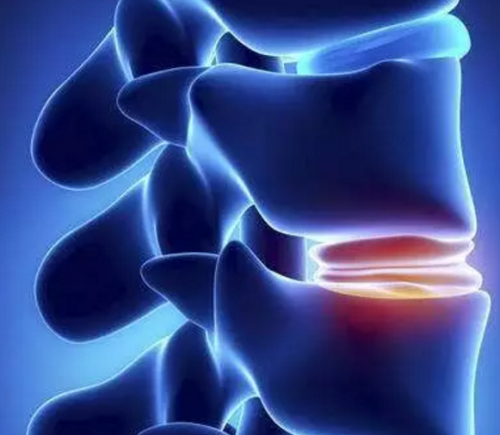Lack of peptide in the body will cause low immunity, and easy to be infected, as well as high mortality. However, with the rapid development of modern immunology, people have gradually knew about the relationship between peptide nutrients and immunity. As far as know, peptide malnutrition in the body can cause hypoplasia and atrophy of immune organs and has a reverse effect on cellular immunity and humoral immunity.
The body’s immunity will change when lacking the peptide. There may be two reasons:
(1) Primary malnutrition. Food contains low protein content or poor protein quality, cause obtaining little peptide protein.
(2) Secondary malnutrition. The human body degrades protein, that is, the ability to digest protein is poor, and the absorption is also poor. That is to say, it is secondary to some diseases, which causes the poor ability of the body to synthesize peptides, poor absorption, improper utilization, or excessive excretion.
Peptide malnutrition is a severe nutritional deficiency, expressed in emaciation, edema, and fatigue.
(1) The emaciation is characterized by severe loss of weight, loss of subcutaneous tissue, and severe loss of body muscles, just like a human skeleton.
(2) The edema is characterized by muscle wasting, enlarged spleen, enlarged liver, decreased liver function, low resistance, increased incidence, and mortality of bacterial infections.
(3) The fatigue is characterized by drowsiness, poor sleep, trance, chest tightness, shortness of breath, discomfort, etc.
Generally speaking, the immune function of people with peptide malnutrition is lower than the normal level. The specific performance is as follows:
Thymus and lymph nodes: The first organs and tissues that suffer from peptide malnutrition are the thymus and lymph nodes. The size of the thymus is decreased, the weight is reduced, the boundary between the cortex and the medulla is unclear, and the cell number is reduced. The size, weight, tissue structure, cell density, and composition of the spleen and lymph nodes also have obvious degenerative changes. If it is accompanied by infection, the lymphatic tissue will shrink further. Experiments have shown that the thymus tissue can return to normal after supplementing peptide nutrition to animals lacking in peptide nutrition.
Cellular immune refers to the immunity produced by T lymphocytes. When peptide nutrition is lacking, the thymus and other tissues shrink and the growth of T cells is affected. The decline in cellular immune function is not only manifested as a decrease in the number of T cells but also malfunctions.
Humoral immune means the immunity caused by internal B lymphocytes. When the human body lacks peptide-protein nutrition, there is almost no change in the number of B cells in peripheral blood. Functional experiments have shown that regardless of the degree of peptide nutrition disorder, the serum concentration is normal or slightly higher, especially when it is accompanied by infection, and the production of immunoglobulin is less affected when the peptide is lacking, so it has a significant defense function against antibodies.
The complement system has the effect of promoting the immune response, including the effect on opsonization, immune attachment, phagocytosis, chemotaxis of white blood cells, and neutralization of viruses. When peptide-protein nutrition is lacking, total compliment and complement C3 are at a critical level or decrease, and their activity decreases. This is because the rate of complement synthesis decreases. When infection causes antigen binding, the consumption of complement increases.
Phagocytes: In patients with severe peptide-protein nutritional deficiency, the total number of neutrophils and their functions remain unchanged. The chemotaxis of the cells is normal or slightly slowed down, and the phagocytic activity is normal, but the killing ability of the microorganisms swallowed by the cells is weakened. If the peptide is supplemented in time, the function of phagocytes can be gradually restored after one or two weeks.
Other immune systems: Some non-specific defense capabilities also have significant changes when peptide active nutrients are lacking, such as decreased lysozyme activity in plasma, tears, saliva, and other secretions, deformation of mucosal epithelial cells, mucosal replenishment and changes in cilia movement, the reduction of interferon production, etc., can affect the host’s susceptibility to infection.
Media Contact
Company Name: Hainan Huayan Collagen Technology Co., Ltd.
Email: Send Email
Phone: +86898 66553777
Country: China
Website: https://www.huayancollagen.com/


